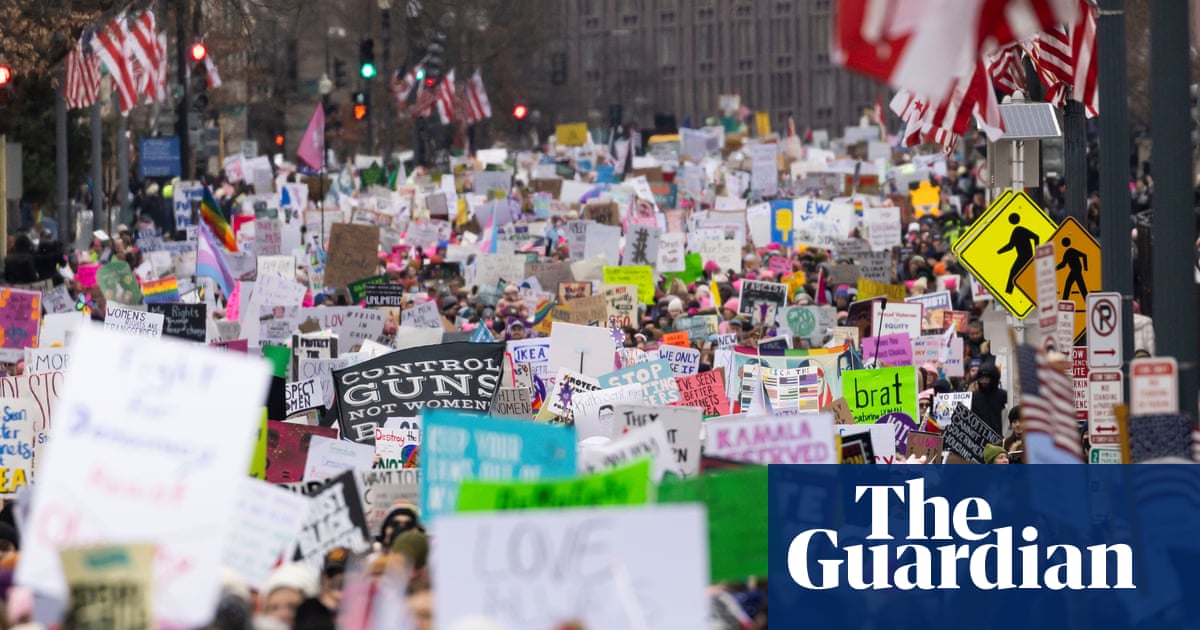The U.S. government wants to prove that Google’s competitors face overwhelming barriers to entry as part of its antitrust case against the tech giant. So it’s turning to ChaptGPT’s head of product, Nick Turley, to testify as a witness in hopes he will help fortify its case.
In a landmark ruling last August, a court determined that Google holds a monopoly in search. While Google appeals this decision, the Department of Justice is now asking the court to decide what penalties it should face, such as spinning off Chrome or a 10-year ban on releasing any browser product.
To bolster its case, the DOJ has pulled in various Google competitors like OpenAI, Microsoft, and Perplexity. It wants specific executives, like Perplexity’s Chief Business Officer Dmitry Shevelenko, to testify. (It’s not clear yet whether Shevelenko will do so. Perplexity didn’t respond immediately to a request for comment.)
Recent legal filings confirm that a top executive from OpenAI, Nick Turley, head of product for ChatGPT, will testify as a witness for the U.S. government’s case.
“Mr. Turley is a witness handpicked by Plaintiffs [the DOJ] to testify on OpenAI’s behalf,” Google’s lawyers wrote in a January 16 legal filing.
“Mr. Turley is the OpenAI witness who will testify on behalf of the government at the Evidentiary Hearing,” another filing from January 16 reads.
None of the filings specify exactly when Turley will testify. Turley is expected to be asked by the U.S. about “generative AI’s relationship with Search Access Points, distribution, barriers to entry and expansion, and data sharing,” per the filing. The DOJ hasn’t provided details about what it wants to ask Turley. (These are the exact same topics it wants to ask Perplexity’s CBO about.)
The DOJ uses the term “search access points” to refer to products like Google Chrome that people use to search the web. Notably, in October 2024, ChatGPT launched its own AI search browser.
To prepare itself for Turley’s testimony, Google has subpoenaed OpenAI for documents related to the case. But the two companies are now in a heated dispute over the extent of evidence OpenAI should provide.
In a legal filing on January 16, Google criticized OpenAI for producing “stunningly few documents.” OpenAI’s lawyers fired back, noting that Google’s demands for documents from top executives like CEO Sam Altman appear to be a “Trojan horse intended to harass OpenAI executives.”
OpenAI has agreed to share some documents from Turley’s work files about OpenAI’s strategy on AI products, its integration of AI into search-related products, and its Microsoft partnership, a letter from OpenAI’s lawyers shows.
Google says it needs more documents from more executives, as relying mostly on Turley “would prejudice Google” since Turley is a witness “handpicked” by the U.S. government, according to the filing.
Google also wants documents from OpenAI that predate the launch of ChatGPT in November 2022, claiming these “may undermine Mr. Turley’s testimony regarding barriers to entry in a way that post-launch documents would not.” But OpenAI says documents that old “cannot meaningfully represent” the current AI landscape.
Both sides appear at an impasse and OpenAI has requested the court reject the full scope of Google’s requested evidence.
OpenAI and Google did not respond to requests for comment. The DOJ declined to comment.
TechCrunch has an AI-focused newsletter! Sign up here to get it in your inbox every Wednesday.
Article by:Source –
















